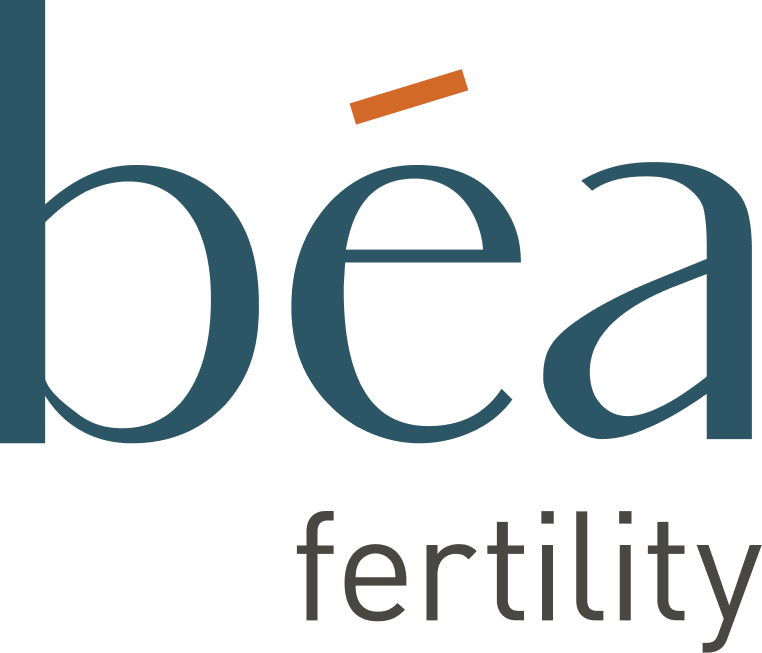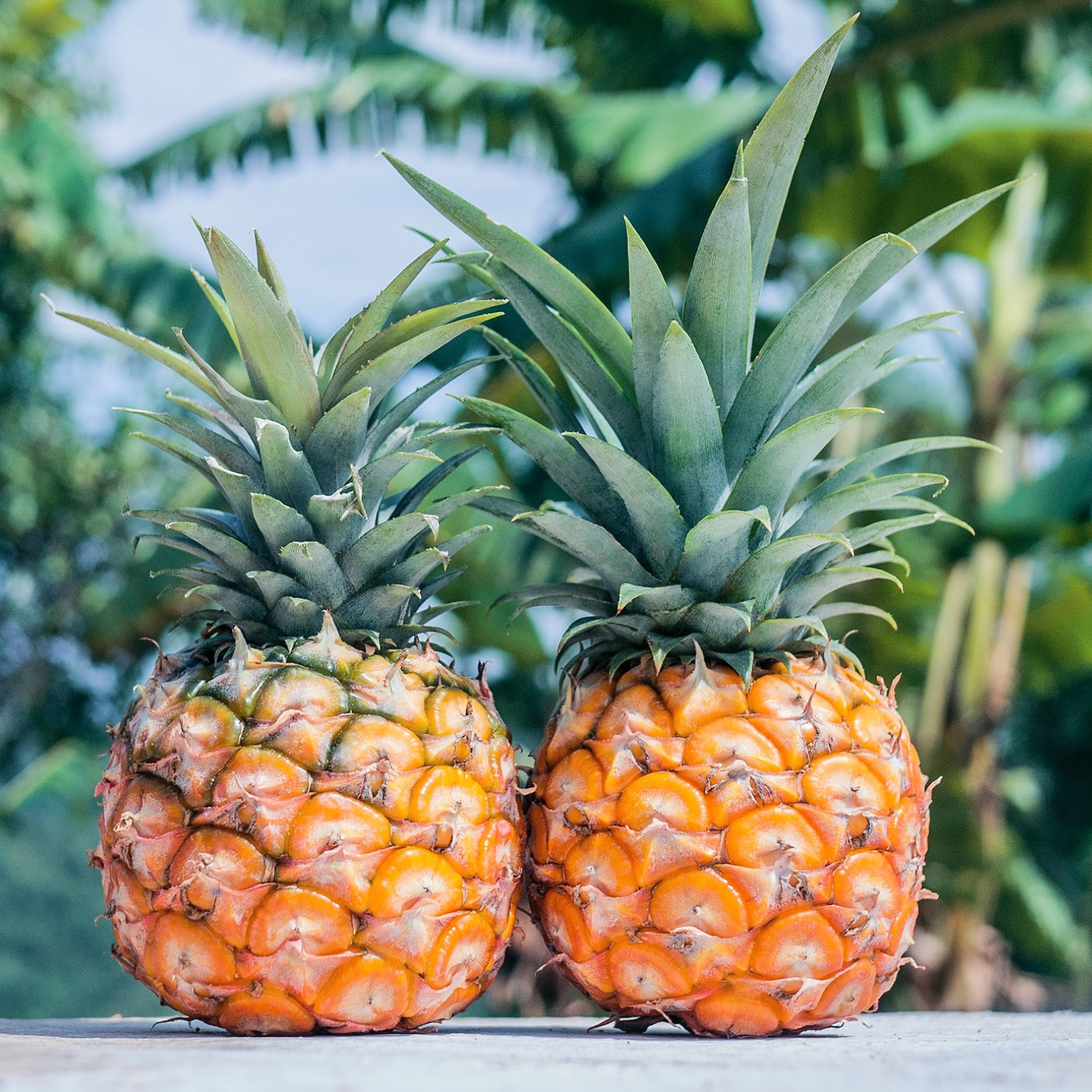Pineapple tattoos. Pineapples printed on baby-grows and nursery wallpaper. Pineapples in social media profiles and hashtags.
What’s going on?
Pineapples have become a symbol of solidarity among people undergoing fertility treatment. For centuries the fruit has been a global symbol of hospitality, so this new usage makes sense. (Not to mention that shape, crown and all. Is there any better fruit for saying “hey, you’ve got this, come what may”?)
There are also some medical claims to do with pineapples. And that’s where the plot thickens. Read on for the backstory.
The Fruit, The Myth, The Legend
Legend has it that eating pineapple on the day of embryo transfer in IVF treatment can help you get pregnant.
If you’ve ever noticed how fresh pineapple makes your tongue tickle, you’ve had a taste of the rationale.
Pineapples (especially the tough core in the middle, yum yum!) contain a chemical called bromelain – a potent mix of enzymes that dissolve the protective mucus in your mouth. Some people claim that bromelain can also help with blood flow to the uterus and reduce tissue inflammation that stops an embryo from implanting. So the story goes.
In reality, there’s no clear scientific evidence that eating pineapple helps here. All we have are some not-very-relevant animal studies, and some not-very-good human studies.
Still, you don’t have to look far to find someone proclaiming “wahey, I ate a pineapple every day and now I have four kids!”.
A Grain Of Truth
Where does this mythology stem from? Well, it is true that the core of the pineapple contains enzymes, and that enzymes in the human body play a role in embryo implantation. The problem is that eating enzymes is not the same as your body producing its own enzymes. Annoyingly.
Some fertility consultants advise taking bromelain supplements in pill form, but again, the evidence for this is unclear. (Inserting a pineapple core down below won’t do it either...)
Love Pineapple? Treat Yo’Self
Pineapple does have some anti-inflammatory effects. For example, it may help reduce swollen tissue in the gut caused by other foods. And if your body is always directing energy towards trying to heal inflammation, it has less energy for other things, such as ovulation or sperm production.
With so many uncontrollable factors involved in having a baby, who can deny a slice of golden juiciness?



Share:
Got a love-hate relationship with resolutions?
Don't fall into these diet traps